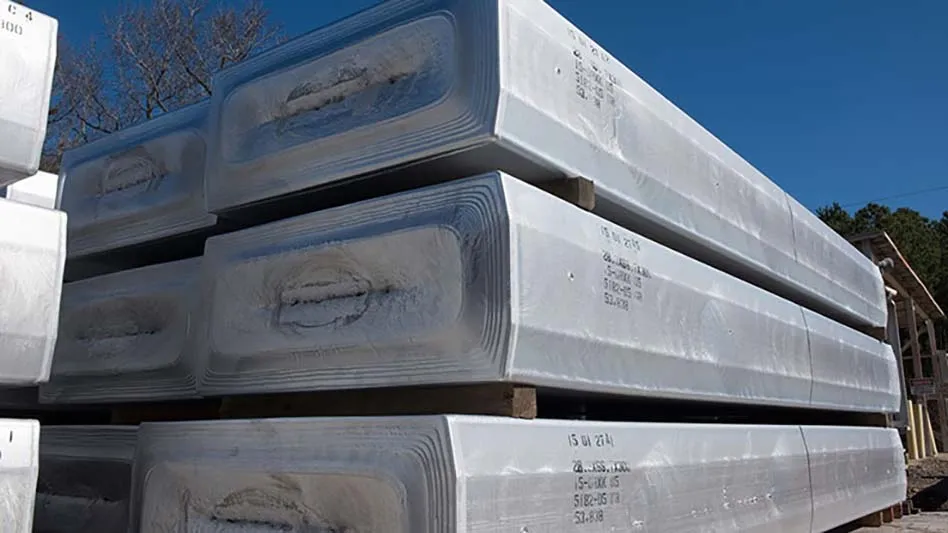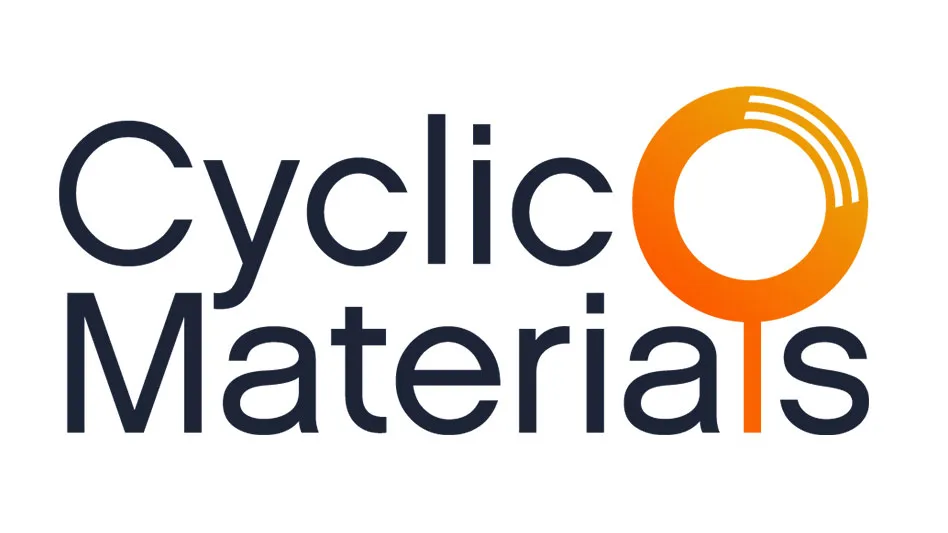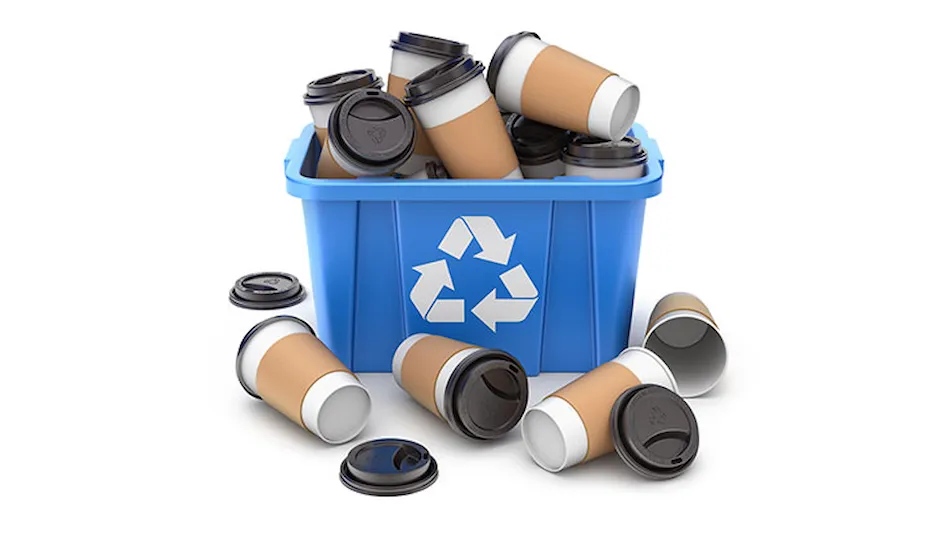Several German recycling industry associations have issued a letter jointly questioning the practicality of the pending SCIP (Substances of Concern in Products) database planned for the European Union.
The four associations, the Federal Association of German Waste Management, Water and Raw Materials Management (BDE), the Federal Association of German Steel Recycling and Disposal Companies (BDSV), the Federal Association of Secondary Raw Materials and Disposal (BVSE) and the Association of German Metal Dealers (VDM), also have called for a dialogue or forum on the SCIP database.
The associations have expressed concern that the European Chemicals Agency (ECHA) and its SCIP database shows a “lack of practical suitability,” and they point to three points of contention:
- That high volume processing, such as shredding, of different types of products with different compositions is absolutely necessary for recycling to take place economically. Such work is done “on a ton scale and not on a single piece scale,” say the groups, making consulting a SCIP database impractical.
- Each of the many components in an old appliance or electronic item “cannot in reality be individually identifiable” during processing, again making ongoing consultations with the SCIP database impractical.
- Old vehicles, appliances and electrical cables—among other items—may date back to a time when they will not be in the database at all.
Eric Rehbock, managing director of BVSE, says, “A high throughput of different products in a product group with different compositions is essential for economic recovery. Recycling and disposal companies work on a ton scale and not on a one-off scale.”
BDSV President Andreas Schwenter adds, “Although we as BDSV support the declared goals of the SCIP database, it is not possible for reasons of efficiency and economy to implement the planned regulations at the scrap yards of our steel recycling and disposal companies. In principle, steel and stainless steel scrap can only be used economically in tons. The envisaged processing in single-piece scales is practically not feasible, especially with complex (old) electrical devices and machines, since the various components cannot be assigned to individual substances and materials in the waste streams of our recycling companies.”
Peter Kurth, president of the BDE, says, “Basically we welcome any instrument that intends to support the recycling and waste management industry. The collection and compilation of relevant data could be of enormous service to our industries in the future, but the database in this form [requires] more help with a dialogue between manufacturers, recyclers and politicians. A dialogue forum should therefore be created in addition to the database.”
Latest from Recycling Today
- Domestic ferrous scrap market remains on ‘sideways’ trajectory
- GFL reports revenue increase in first quarter
- Guardian Data Destruction names new CEO
- Bulking up
- Greenmantra says polymer additives optimize customer’s HPDE pipe
- Pure Loop celebrates ISEC shredder-extruder at NPE
- New Alpla PET wine bottle cuts carbon emissions
- Ascend Elements, Call2Recycle to offer customized EV battery services





